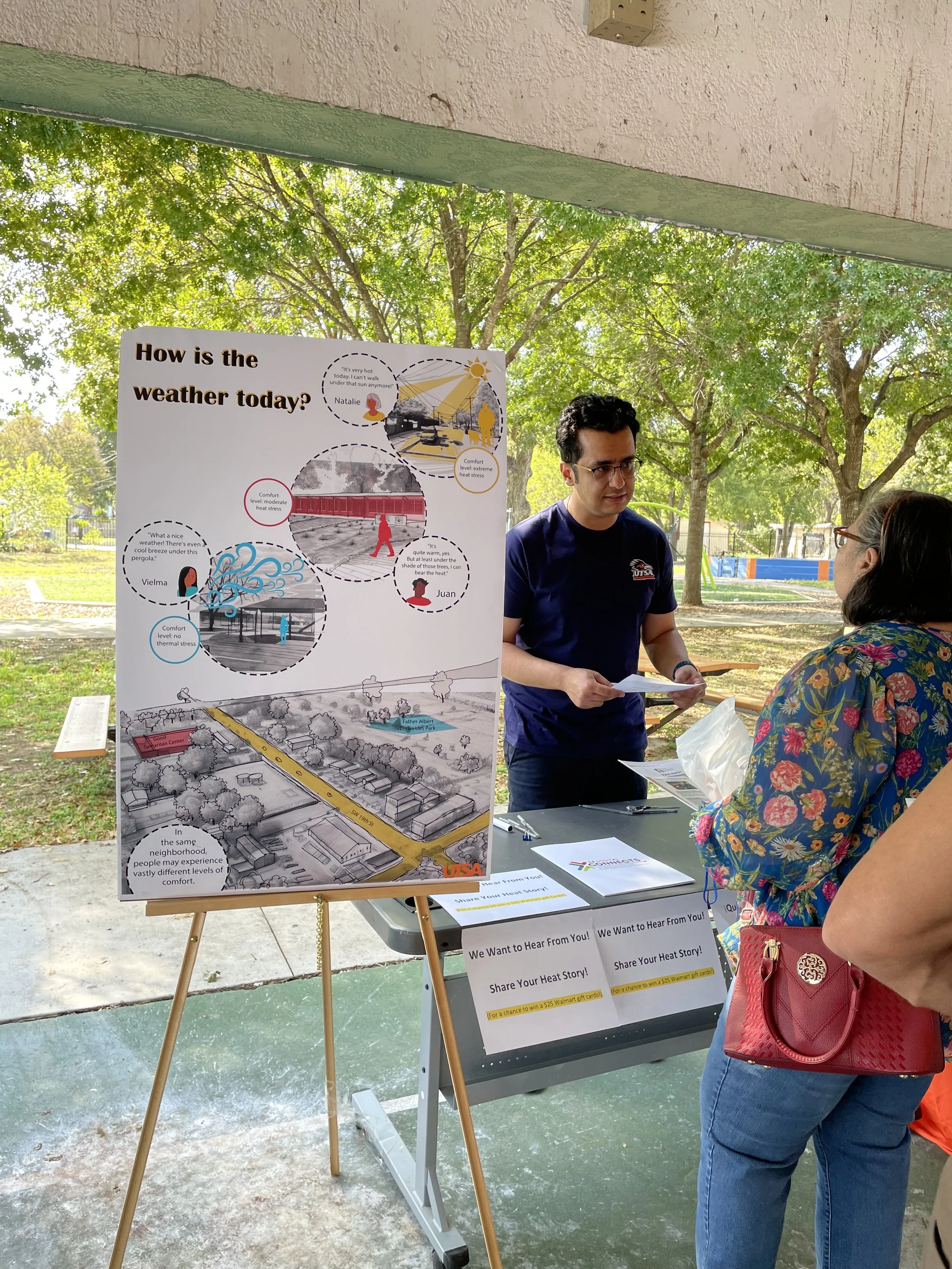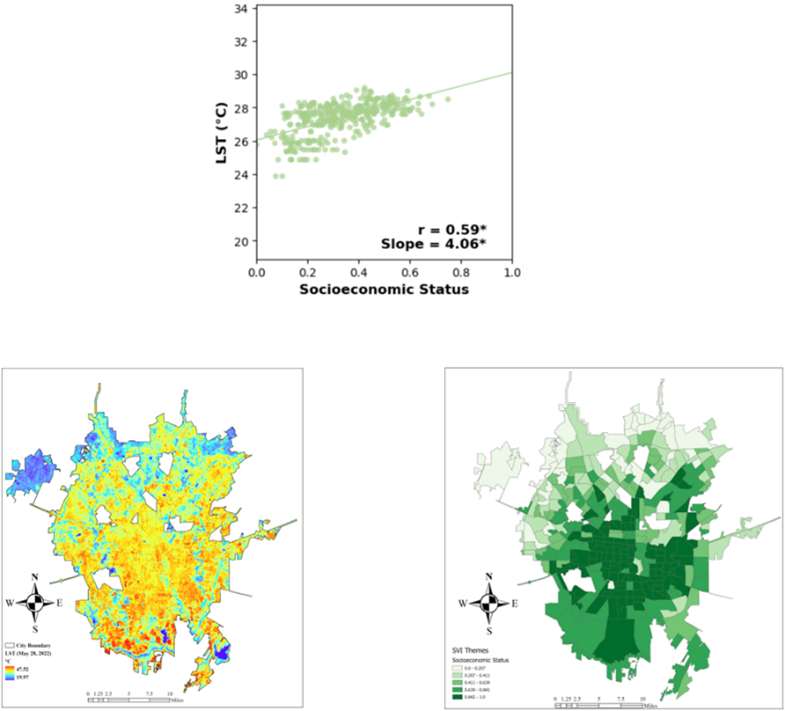Shaping Climate-Resilient Environments Through Design
The Climate-Sensitive Design Lab (CSDL) at UTSA’s School of Architecture and Planning explores the interaction between urban microclimates, thermal comfort, and building energy performance. Our mission is to drive sustainable design practices that respond to regional climates, reduce environmental impact, and improve quality of life.
About our Lab
At the University of Texas at San Antonio, the Climate-Sensitive Design Lab, led by Dr. Farzad Hashemi, Assistant Professor of Architecture and affiliated faculty in Mechanical Engineering, brings together design, science, and community to shape a more sustainable and equitable urban future.
Our research sits at the intersection of urban microclimates, building energy performance, and environmental justice, with a strong focus on vulnerable communities often overlooked in conventional planning. Using advanced simulations, real-world measurements, and deep community partnerships, we investigate how neighborhoods experience heat, use energy, and adapt to a changing climate.
CSDL is more than a research space; it’s a collaborative environment where students, researchers, and local partners come together to create meaningful change. We empower the next generation of climate-responsive designers by blending data-driven tools with human-centered design to develop solutions that improve comfort, reduce energy burdens, and build resilience from the ground up.
Join us as we design for people, place, and planet.
Projects at glance
FlowMind: Intelligent Urban Cooling via CFD and DRL
An integrated CFD-DRL framework is being developed to optimize urban cooling strategies to mitigate the urban heat island (UHI) effect.
Heat Inequity in San Antonio: Social Vulnerability Meets Urban Temperature
This project aim to link social vulnerability and urban temperature disparities in San Antonio, Texas.





